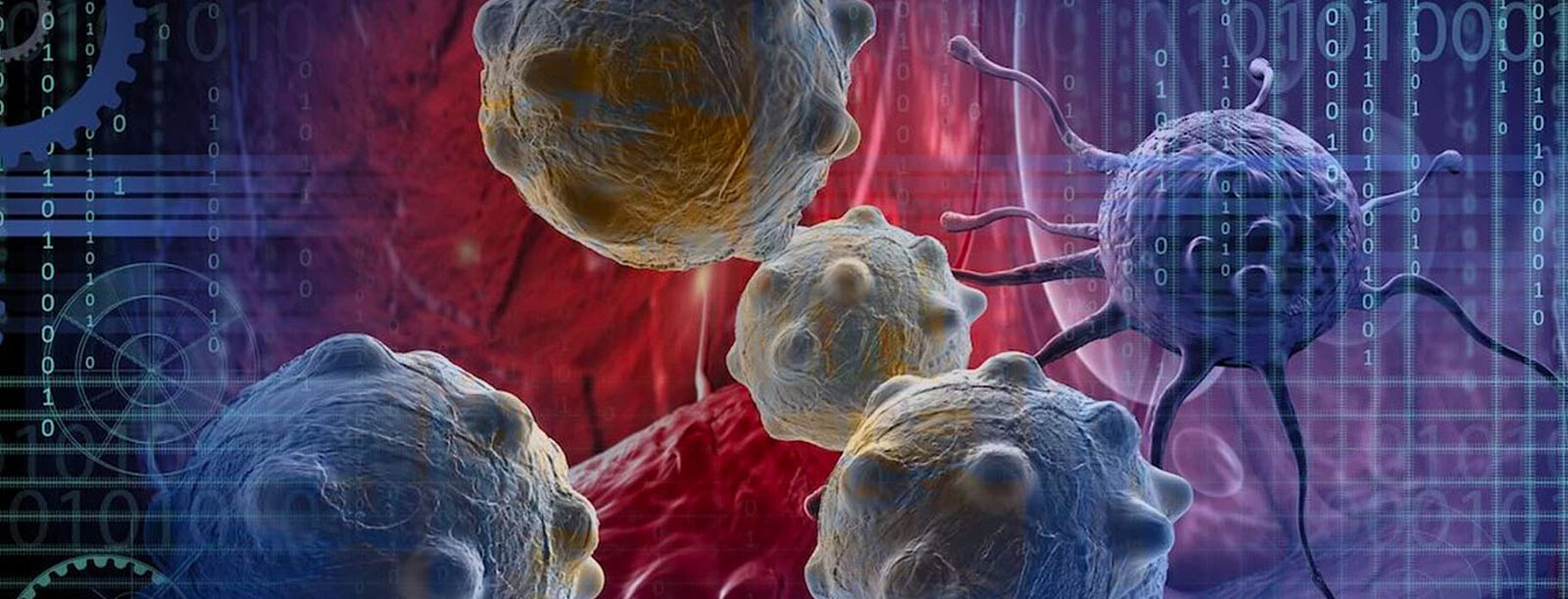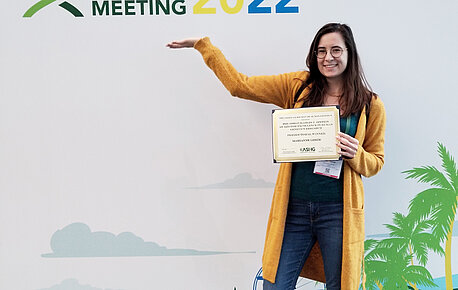
Study of copy number variants in autism spectrum disorders and their comorbidities
Study of copy number variants in autism spectrum disorders and their comorbidities
Autism Spectrum Disorders (ASDs) are a group of multifactorial, heterogeneous neurodevelopmental disorders characterized by deficits in communication and social interaction, and repetitive behaviors. The prevalence is ~1% worldwide with a 4:1 male to female ratio. Several co-morbidities have been associated with Autism Spectrum Disorders including intellectual disability, craniofacial malformations, head circumference defects (micro/macrocephaly), gastrointestinal problems, and heart malformations.
CNVs (e.g. deletion, duplication, insertion, inversion) represent the most frequent types of genetic lesion in both rare and common human genetic disorders. To date, a total of 17 recurrent CNVs have been associated with ASD. The interpretation of these lesions is both acute and challenging. The primary focus in our laboratory is to understand how genetic variation can impact the development and homeostasis of the nervous system. To this goal, we have developed animal models and assays to study the impact of gene dosage defects on basic neurodevelopmental processes to:
- Discover genes and alleles that contribute to diseases
- Capture and validate genetic interactions (cis- and trans-modulators)
- Identify genes implicated in ASD-associated comorbidities
The laboratory employs an innovative orthogonal approach to tackle the current challenges in the field by combining in vivo modeling in the developing zebrafish, mouse and genomic tools. Ultimately, our work will contribute to the stratification of this highly heterogeneous group of disorders and will, in turn, inform diagnosis and patient care.
Members
Researchers
PhD students
Former members
Camille Bonnet, PhD candidate (now doing an MBA, Management & Biotechnology)
Nicla Loviglio, Postdoctoral fellow (now Scientific Support Specialist at Polyplus-Transfection)
Gaëlle Hayot, PhD candidate (now Postdoctoral fellow at Karlsruhe Institute of Technology (KIT), Germany)
Raphael Schatz, Project Engineer (now doing an MBA, Management)
Collaborations and networks
Networks : STRAS&ND, NEUREX, Celphedia
Funding and partners
ANR JCJC
USIAS
LabEX Chair of Excellence
News

Charles J. Epstein Award: Marianne Lemée is Laureate for Excellence in Human Genetics Research
Marianne Lemée, a doctoral student in the team of Christelle Golzio, Inserm research fellow, is one of the three winners of the Charles J. Epstein…
Read more
Events
Awards and recognitions
2013 NARSAD Young Investigator Award
2019 Guy Ourisson Prize
Publications
-
2019
-
Kctd13-deficient mice display short-term memory impairment and sex-dependent genetic interactions
- Thomas Arbogast
- Parisa Razaz
- Jacob Ellegood
- Spencer Mckinstry
- Serkan Erdin
- Benjamin Currall
- Tanya Aneichyk
- Jason Lerch
- Lily Qiu
- Ramona Rodriguiz
- R Henkelman
- Michael Talkowski
- William Wetsel
- Christelle Golzio
- Nicholas Katsanis
Human Molecular Genetics ; Volume: 28 ; Page: 1474-1486
-
Pathogenic variants in E3 ubiquitin ligase RLIM/RNF12 lead to a syndromic X-linked intellectual disability and behavior disorder
- Suzanna Frints
- Aysegul Ozanturk
- Germán Rodriguez Criado
- Ute Grasshoff
- Bas de Hoon
- Michael Field
- Sylvie Manouvrier-Hanu
- Scott E Hickey
- Molka Kammoun
- Karen Gripp
- Claudia Bauer
- Christopher Schroeder
- Annick Toutain
- Theresa Mihalic Mosher
- Benjamin Kelly
- Peter White
- Andreas Dufke
- Eveline Rentmeester
- Sungjin Moon
- Daniel Koboldt
- ...
Mol Psychiatry ; Volume: 24 ; Page: 1748-1768
-
-
2017
-
The Immune Signaling Adaptor LAT Contributes to the Neuroanatomical Phenotype of 16p11.2 BP2-BP3 CNVs
- Maria Nicla Loviglio
- Thomas Arbogast
- Aia Elise Jønch
- Stephan C Collins
- Konstantin Popadin
- Camille S Bonnet
- Giuliana Giannuzzi
- Anne M Maillard
- Sébastien Jacquemont
- Binnaz Yalcin
- Nicholas Katsanis
- Christelle Golzio
- Alexandre Reymond
American Journal of Human Genetics ; Volume: 101 ; Page: 564 - 577
-
Partial uniparental isodisomy of chromosome 16 unmasks a deleterious biallelic mutation in IFT140 that causes Mainzer-Saldino syndrome
- Benjamin Helm
- Jason Willer
- Azita Sadeghpour
- Christelle Golzio
- Eric Crouch
- Samantha Schrier Vergano
- Nicholas Katsanis
- Erica Davis
Human Genomics ; Volume: 11
-
Page 2 of 2

